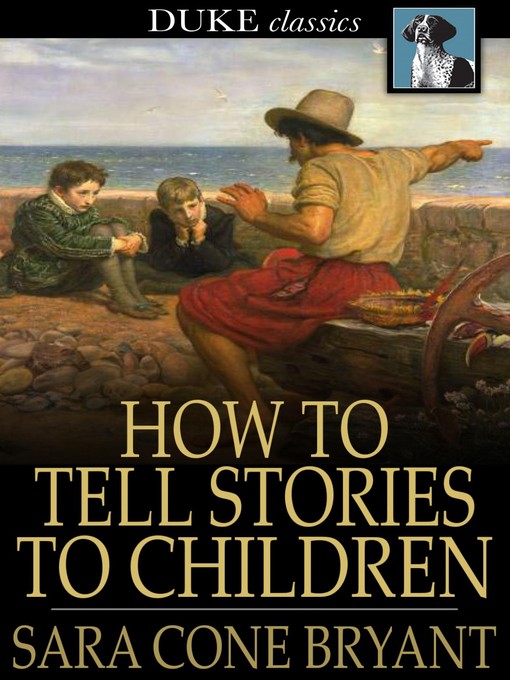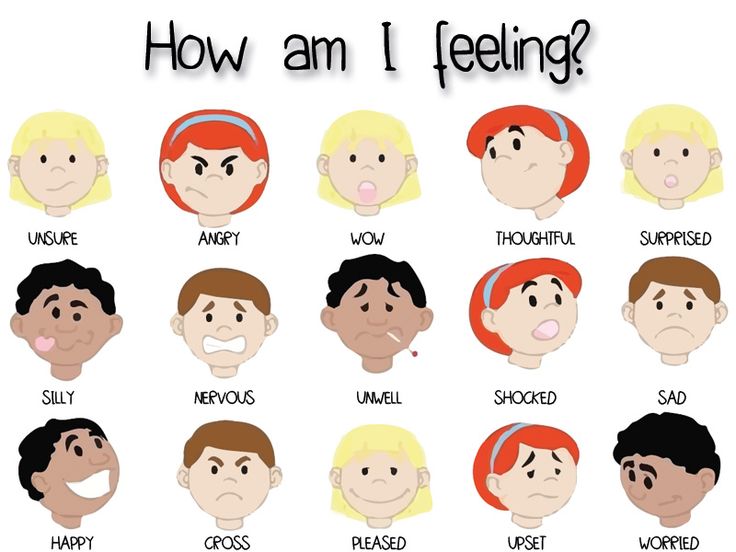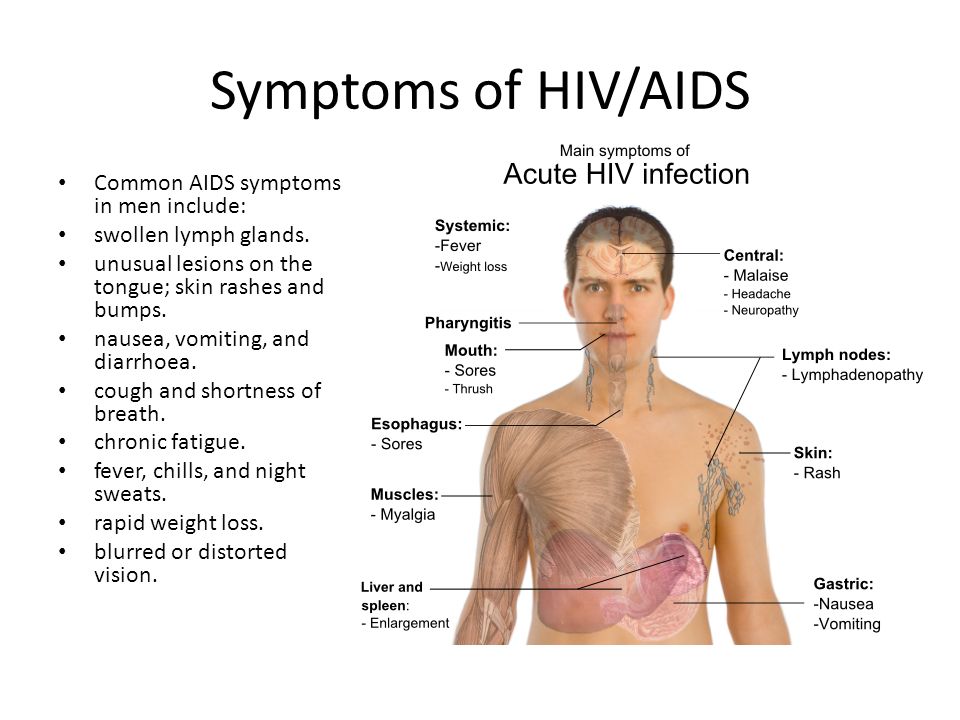How to be a child author
How to become a children’s author
The most beloved children’s books, the ones you remember long into adulthood, inspire a sense of joy, adventure, magic, and wonder. As an aspiring writer, you might read those stories and wonder how your children’s book can rise above the rest and position you for success.
There’s no simple answer. The process of becoming a children’s author may look different for everyone, however the most successful authors made a name for themselves through a combination of hard work, talent, planning, persistence, and even a bit of luck.
If you plan to write and publish a children’s book, use these tips to help you strategize from beginning to end.
Clarify your goalsSome people simply want to create stories for the kids in their lives. Others want to build a career as children’s book authors and earn a living by writing children’s books. If you aim to sell your book to a wide audience, that will influence your story and design choices, as well as your publishing, distribution, and marketing approach. Ask yourself what you want to achieve from publishing a children’s book. Is the process more about personal creativity or professional advancement? Maybe it’s a bit of both. Heading into the writing process with clear motivations can help set you up for success.
Think of this step as part research, part inspiration. Check out the classics and the contemporary book award winners and browse the kids’ section at your local library or bookstore. As you read, you’ll notice similar themes or character behaviors that make for good storytelling. Also, pay attention to how the text and pictures work together on each page. Making note of which creative choices you like and which ones you don’t will help you craft your own story.
Know your audienceIf you haven’t spent much time around kids, but you expect to magically be able to captivate them with your words, you could be in for quite a surprise! The key is knowing what makes kids tick—what catches their eye, how their attention span works, and what inspires laughter or curiosity.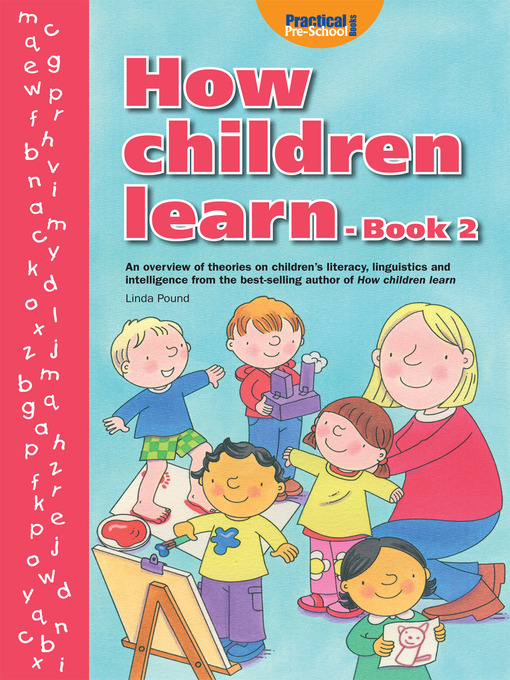 Take some time to explore your own inner child and hang out with the kiddos in your life to see their imaginations in action.
Take some time to explore your own inner child and hang out with the kiddos in your life to see their imaginations in action.
Aspiring children’s book authors need to flex their writing muscles regularly—even daily—in order to improve their skills and thrive as professionals. If creative writing is not something you are used to doing, this can feel like a hurdle. There are a lot of elements to keep track of when you start creating a children’s book, so try to stay focused. Rather than jotting down a bunch of different storylines, try writing one at a time until you map out a beginning, middle, and end. Once you finish a rough draft, you can go back and work on the details, like rewriting dialogue or developing characters.
Manage your expectationsBecoming a successful children’s book author can be more difficult than becoming any other kind of author. There’s a lot of competition because everyone thinks that writing for kids is easy.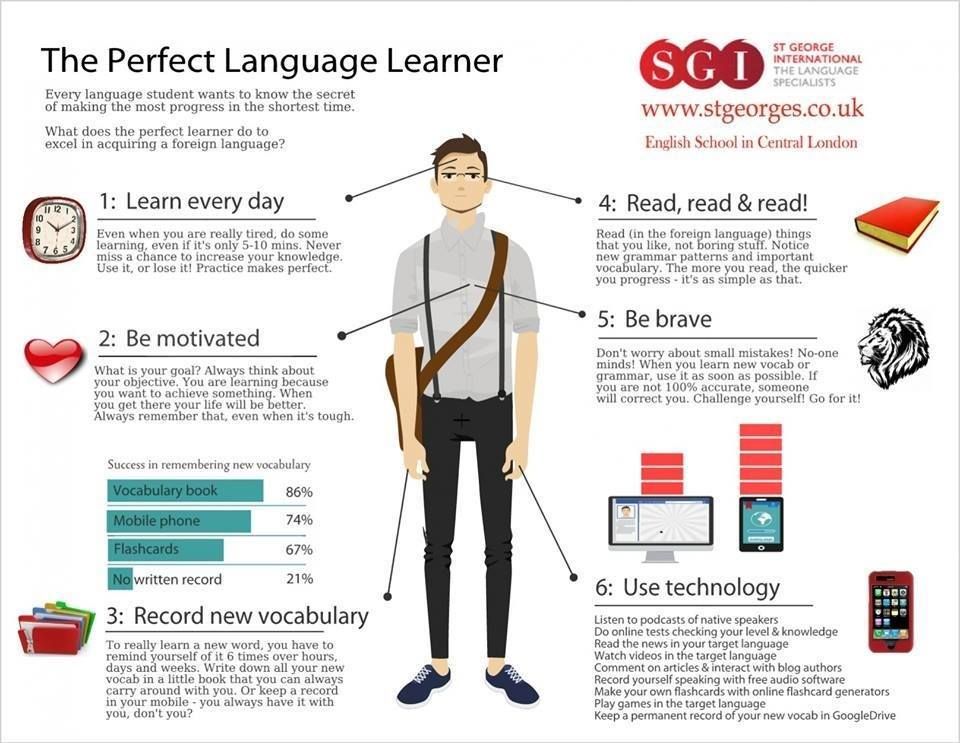 In reality, the road is steep! You must write for kids because you absolutely love it and not because you are expecting instant acclaim or money. Start your book project with realistic expectations for the “big picture,” so you can focus on the creative side of things and make each “little picture” extra special.
In reality, the road is steep! You must write for kids because you absolutely love it and not because you are expecting instant acclaim or money. Start your book project with realistic expectations for the “big picture,” so you can focus on the creative side of things and make each “little picture” extra special.
These days connecting with other writers can take almost any form. Avid social media users can find countless literary organizations and creative forums to follow online. If there is a writers’ group that meets in your area, check it out. Go to readings, conferences, and book fairs, where you will cross paths with authors at all career stages and learn from experts in the industry. Your goal should be to join a writing community to help you absorb as much as you can about the world of children’s literature while making writer friends and developing a professional support system.
Find an illustratorIf your drawing skills are up to par, you may decide to illustrate the book yourself.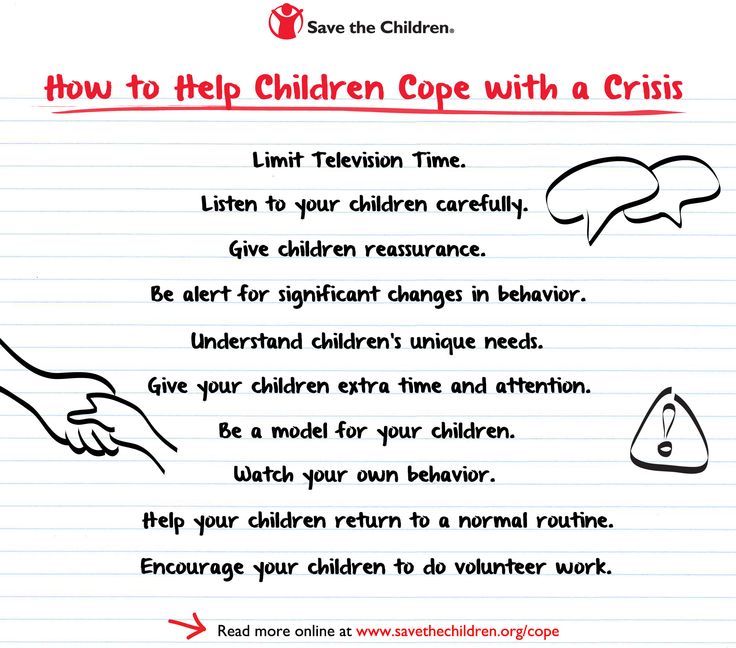 Otherwise, you’ll need to collaborate with an artist or illustrator. This person is going to bring your words to life and create an even more vivid and emotional story, so choose wisely. Find someone whose pictures stand out and whose creative style is a good fit for your story. You’ll also want to discuss your individual goals for publishing a book, so you both go into the project with similar expectations. Be ready to work as a team, and remain open to their ideas. A creative partnership based on trust, respect, and good communication is key!
Otherwise, you’ll need to collaborate with an artist or illustrator. This person is going to bring your words to life and create an even more vivid and emotional story, so choose wisely. Find someone whose pictures stand out and whose creative style is a good fit for your story. You’ll also want to discuss your individual goals for publishing a book, so you both go into the project with similar expectations. Be ready to work as a team, and remain open to their ideas. A creative partnership based on trust, respect, and good communication is key!
What better test audience for your children’s story than real kids, right? Reading a draft of your book to children or asking them to read it with you can be enlightening (be ready for direct, honest feedback since kids rarely hold back when asked for opinions!). However, you’ll also want some focused feedback from fellow writers, ideally experienced authors or editors who know the children’s book genre well.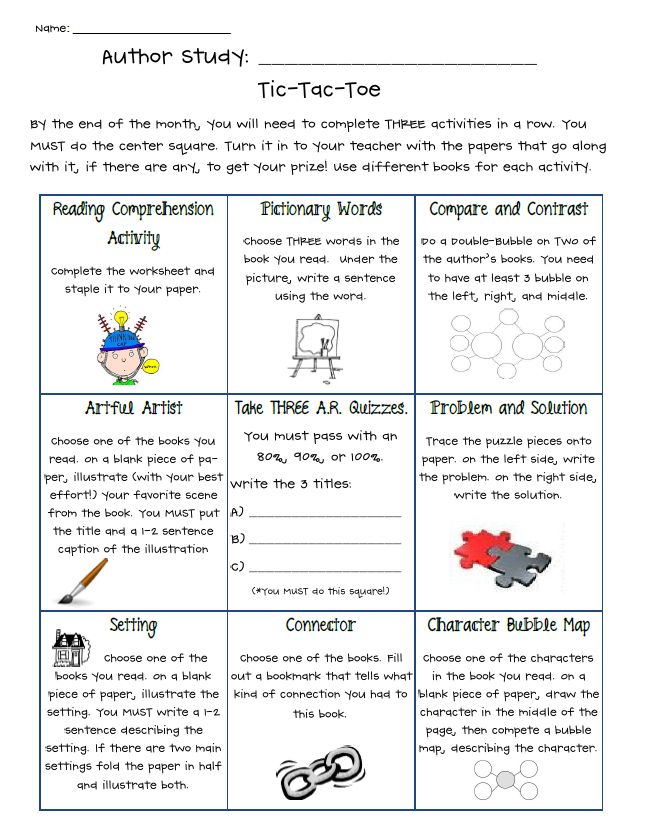 They can give you expert tips on your story idea, structure, and illustrations.
They can give you expert tips on your story idea, structure, and illustrations.
As every author knows, the first draft is not going to be the best version. Writing a children’s book can seem deceptively easy, but a lot of care and creativity goes into making each page memorable—it could take hours of revision to get one drawing or one sentence just right! So be patient as you rewrite, redraw, and reorganize your story. If you stay open-minded about the process, you just might make an exciting creative discovery.
Build an audienceYou can start creating excitement around your children’s book before you even finish writing it. The simplest and fastest way to get the word out and cultivate an audience is to tease your book on social media in the months and weeks leading up to your launch. Maybe you’ll decide to reveal a character detail or a couple of sketches along the way. If you start building a group of fans before you finish your book, imagine all the attention you will have when it’s time for publication!
Promote your bookOnce again, the early bird gets the book sales. Even if you’re still revising your children’s book, start putting together an email list and drafting a launch announcement, so you’re ready to hit send when the book goes to print. It’s never too soon to begin building an author website with promotional materials, book images, and an author bio. Create a press release to showcase your book, and get in touch with local libraries and bookstores to schedule reading events and storytime activities. If you plan to self-publish, learn how to market and promote your book ahead of time so you can keep friends, family, and new readers in the loop.
Even if you’re still revising your children’s book, start putting together an email list and drafting a launch announcement, so you’re ready to hit send when the book goes to print. It’s never too soon to begin building an author website with promotional materials, book images, and an author bio. Create a press release to showcase your book, and get in touch with local libraries and bookstores to schedule reading events and storytime activities. If you plan to self-publish, learn how to market and promote your book ahead of time so you can keep friends, family, and new readers in the loop.
Time to bring your creative vision to life! Check out the exciting possibilities for your children’s book in the making. What will your story become?
How to Become a Children’s Author
If you want to publish a book for children, the first thing you must do is ask yourself why.
Is your motivation to publish a kid’s book one of the following?
- Your kids/grandkids/nieces/nephews/neighbors/students love a story you’ve written.

- It would be fun to see your name in print.
- You want to sign autographs.
- You want to make money, quickly.
- You want your artist cousin/sister/friend to illustrate it.
If you answered “yes” to any of the above, please read this post. I write this to save you a lot of time and frustration. Because it’s not an easy business. NOT. EASY. AT. ALL.
New writers often believe they can pen one story in an hour or two, never revise it, yet somehow land an agent and a publishing deal—-as if the simple act of writing begets publication.
Hitting one baseball does not mean the Yankees will draft you. Likewise, writing one story does not mean Random House will offer you a contract. Although, keep hitting that ball, make it go higher and farther…learn about fielding and sliding, too…and play seriously for years, and you just might make it.
Everyone believes the first thing they write will be golden and they’ll never receive a single rejection. We are all HOPEFUL. But, everyone is wrong. (Including me!) Trust me, this will NOT happen. It has NOT happened to ANYONE. (Except for Kevin Henkes.)
We are all HOPEFUL. But, everyone is wrong. (Including me!) Trust me, this will NOT happen. It has NOT happened to ANYONE. (Except for Kevin Henkes.)
The motivation to write a children’s book should be:
- You love to write. You were born to write. You can’t NOT write.
- The child inside you is begging to get out and explore.
- You love children’s literature and want to contribute worthy stories to the genre.
- You want to inspire children to read, write, create, imagine and dream.
- You enjoy learning from children. (Yes, your primary goal should not be to teach them. Teachers, parents and guardians teach. Books are meant to be fun.)
- You want to work hard to establish a career as a kidlit author. You’re in it for the long haul.
Notice fame and fortune have nothing to do with it. That’s something a small percentage of authors achieve. (Yes, authors can have dozens of books in print yet they cannot support themselves through writing alone.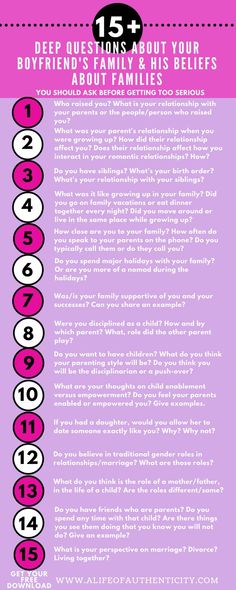 Moreover, advance checks can take a long time to arrive, and royalties trail about about 6-9 months behind book sales.)
Moreover, advance checks can take a long time to arrive, and royalties trail about about 6-9 months behind book sales.)
And even if you become a famous author, most people won’t recognize you by sight or name. It will never get you the window table at The Four Seasons on a busy Saturday night. You’re better off making a reservation as “Doctor Lazar”.
It takes most children’s writers years to land their first book deal. And selling one book does not guarantee future book sales. Selling each subsequent book can get MORE difficult, especially if one (or more) of your titles do not sell as well as the publisher expected.
I don’t mean to be discouraging. I want to be REALISTIC. Children’s literature is a BUSINESS. And this business is like any other—it takes hard work, commitment, talent and a little luck, too. If you’re writing a children’s book on a whim, you might end up being very disappointed when you realize how tough it really is.
In short, I’ve made more money and worked fewer hours in EVERY OTHER JOB I’VE EVER HAD.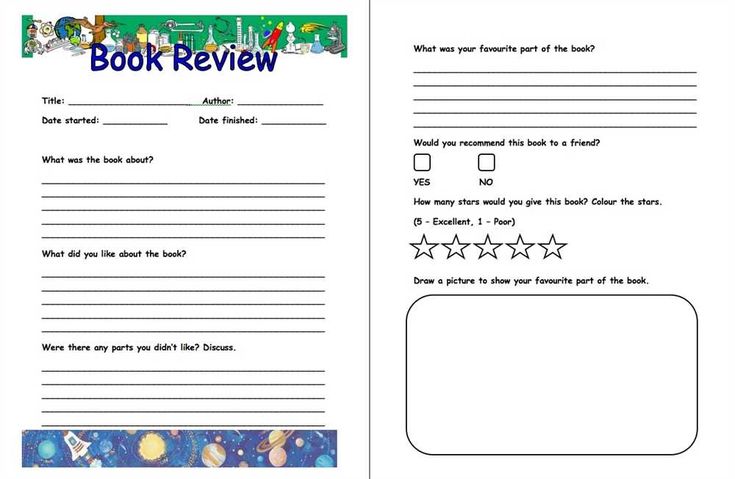
BUT…
There’s no job I’VE LOVED MORE. (Besides being a mom, of course.)
Just because you’re writing for children doesn’t mean it’s easy. In fact, it is more difficult to become a published kidlit author than it is to become any other kind of author. (That’s because there’s a tremendous amount of competition. Everyone believes writing for kids is easy because they’re kids. Not so.)
So do it because you LOVE it. You LOVE it like you CAN’T LIVE WITHOUT IT. Because children don’t deserve anything less than YOUR VERY BEST WORK.
Steps you should take:
- Earn a degree in English and/or Creative Writing.
- Read hundreds of books in your chosen kidlit genre (picture books, non-fiction, middle grade novels, graphic novels, YA).
- Write. Write. And write some more.
- Join a critique group specific to the genre in which you wish to publish. YA novelists don’t necessarily know a lot about picture books and vice-versa.
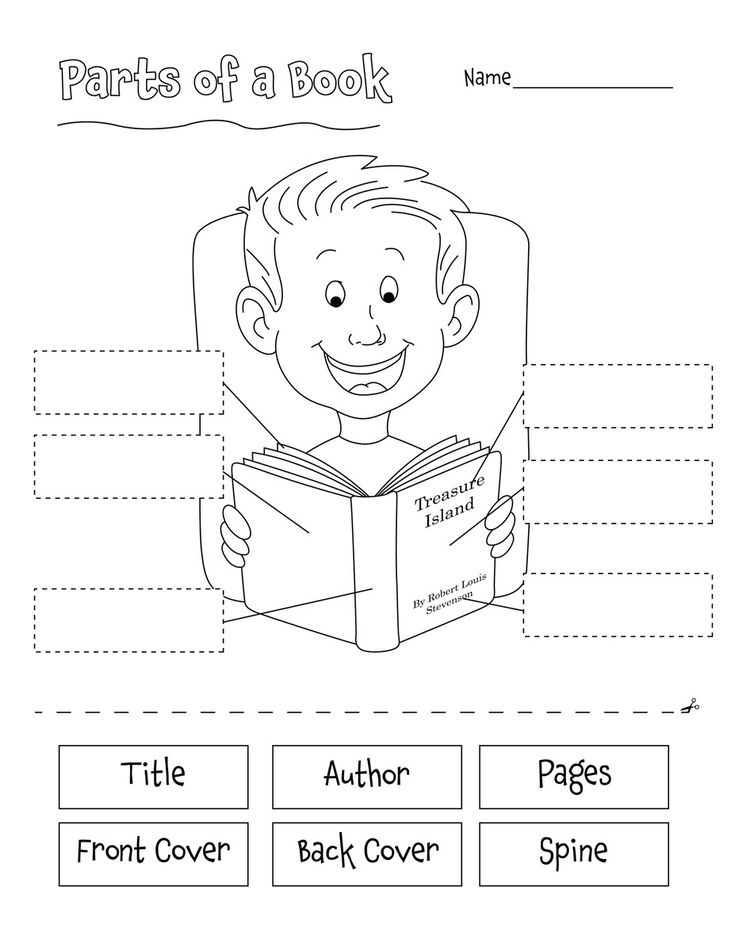
- Join SCBWI.
- Attend professional kidlit conferences, book fairs and other literary events.
- Revise. Revise. And revise some more.
- Research agents and editors online.
- Establish a social media presence. Make writing friends. Gain a support system.
- Consider investing in professional writing books, magazines and services like Publisher’s Marketplace (which will show you what books are selling, which agents are selling them, and to whom), The Horn Book, Publisher’s Weekly and The Children’s Writer’s and Illustrator’s Market Guide.
- After at least two years of writing, try submitting. Don’t send your work out in huge batches. Research who likes the kind of work you produce and target a few. If only rejections come back, try another small set of subs, revise again or write something else.
- Never give up. Keep writing new stories. Those who make it in this business are those who persevere!
Excellent online resources for aspiring children’s authors:
- SCBWI
- The Purple Crayon
- Writing for Children and Teens
- Twitter Chats for Writers
- SCBWI (formerly Verla Kay’s) Blueboards
- Myths and Truths of Writing for Children
- Preditors & Editors
- Literary Rambles: Spotlighting Children’s Book Authors, Agents and Publishing
- Author April Pulley Sayre’s How to Become A Children’s Book Author
Like this:
Like Loading.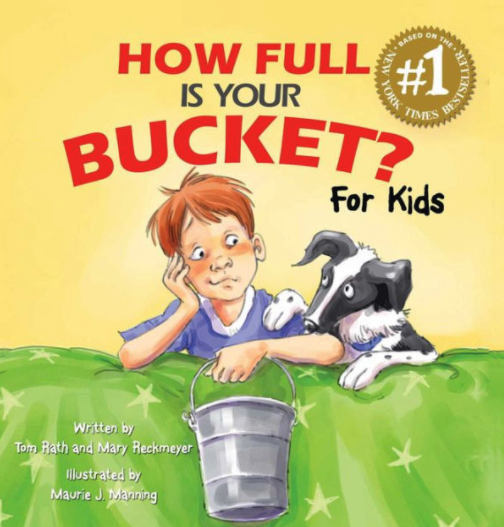 ..
..
"The child must become the author of his own learning: set a task himself, check and evaluate himself"
Usually in school, the teacher writes a lesson plan, sets goals and chooses ways to achieve them. But it can also be the other way around when children do it all. This is what happens in the lessons of the Russian language teacher and director of school No. 1561 Valery Pazynin. About what a subject map is, why combine the work of a principal and a teacher, and what literature lessons and homework should be like, he told Tatyana Voloshko.
About teaching methods and homework
Valeriy, in 2006 you won the Teacher-Researcher nomination in the Teacher of the Year competition. And now, when you have become a director (Valery Pazynin has been the head of school No. 1561 since 2014 - Ed.), do you manage to teach?
Yes, I teach Russian in two classes. It is important for me to understand and feel what is happening at school. The director's work at this time, of course, accumulates - I finish it when everyone leaves.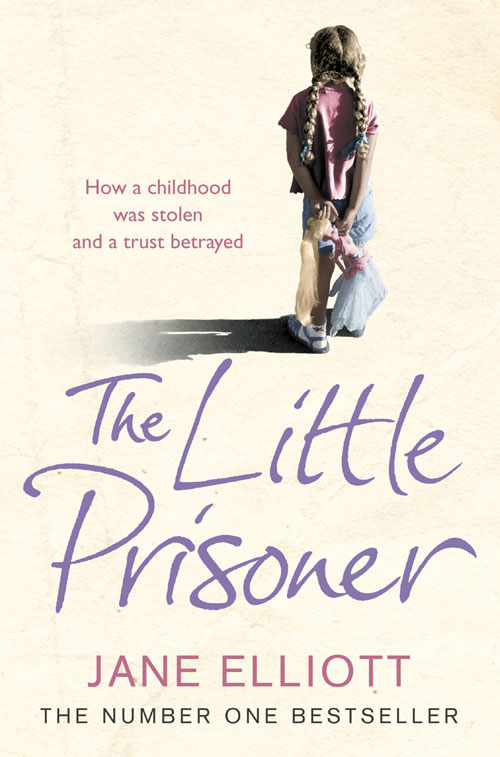 The working day is stretched, but it's worth it. I do not lose touch with the students, I understand how they think. In a word, I do not tear myself away from those for whom I work here.
The working day is stretched, but it's worth it. I do not lose touch with the students, I understand how they think. In a word, I do not tear myself away from those for whom I work here.
Tell me if you have your own special ways of working.
I start each lesson with the question: “What are your plans?”. And by the answer to this question, it is clear whether the guys have lost their intention to go through what we were going to go through in the lesson. The "subject map", which we build together with the students, helps to navigate the plans. We then use it as a tool for planning our studies. After all, without the ability to plan, what kind of independence can there be?
Learning independence is when the student himself can understand what his problems are, what he needs to learn, what resources are needed for this and how to plan everything. Can he assess whether he succeeded or not, and set learning goals for himself. If a student knows all this, he will be able to easily relearn in the future.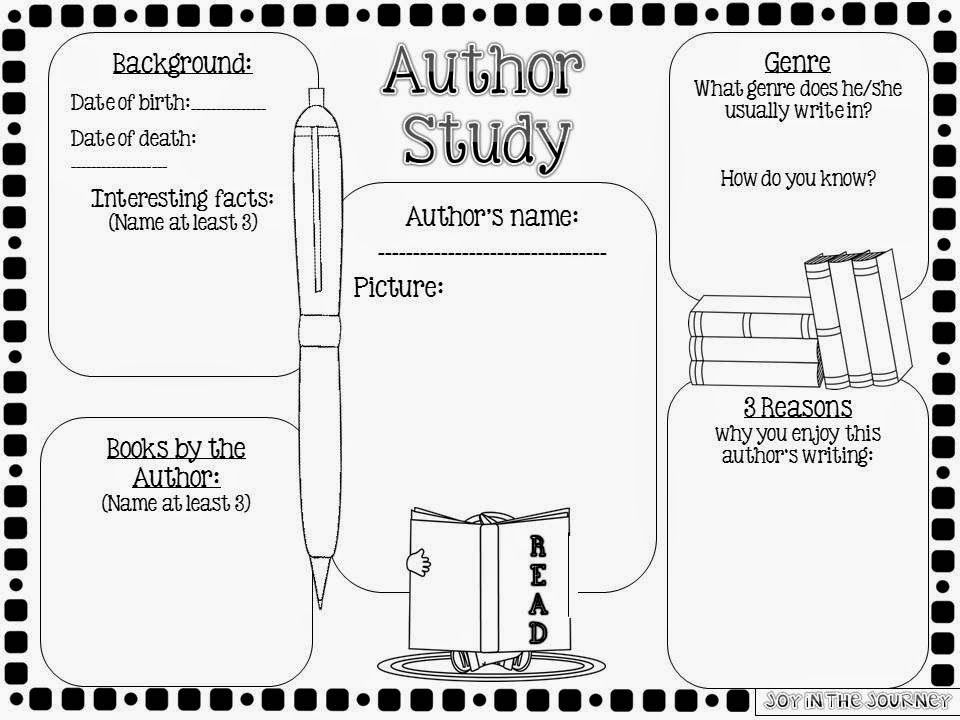
How to teach this? How to teach to learn?
Of course, you can just go into the classroom and say: “Today the topic of the lesson is such and such, write it down and do the exercise.” But this does not develop the ability to learn independently. This skill has its own tools that need to be passed on to the child so that he can understand what he can and cannot do, how to change himself, how to control himself and evaluate the result.
In the traditional approach, all the tools of "authorship" are concentrated in the hands of the teacher. The teacher plans the course and lesson, sets a goal, monitors its achievement and evaluates it. Our task is for the student to become a co-author of his studies, so we teach him to be independent.
Meaningful assessment tools have been developed in Russia. But I did not find a planning tool. I had to invent it myself
At the beginning of the course, in September, my students draw up a “subject map”. From it follows a plan for a year or more: what we want to learn.
From it follows a plan for a year or more: what we want to learn.
What does this card look like?
A subject map is a visualization of the sections of a school course and the connections between them. The "map" is born in a general discussion. Work on it begins with the question: “What skills can be acquired or developed in the lessons of our subject?” These skills are grouped into course sections. If we talk about the subject "Russian language", then everything that we are trying to study is divided into three large sections: spelling, linguistics and working with text (creating and interpreting text). Each of these sections consists of its subsections. For example, spelling consists of spelling and punctuation. Next, we look at what connections there are between these sections and whether there are cases when it doesn’t matter which direction to move in. For example, what should be learned first: syntax or punctuation, morphemics or spelling? At this stage, the “map” is covered with arrows that show where “one-way traffic” is between the sections.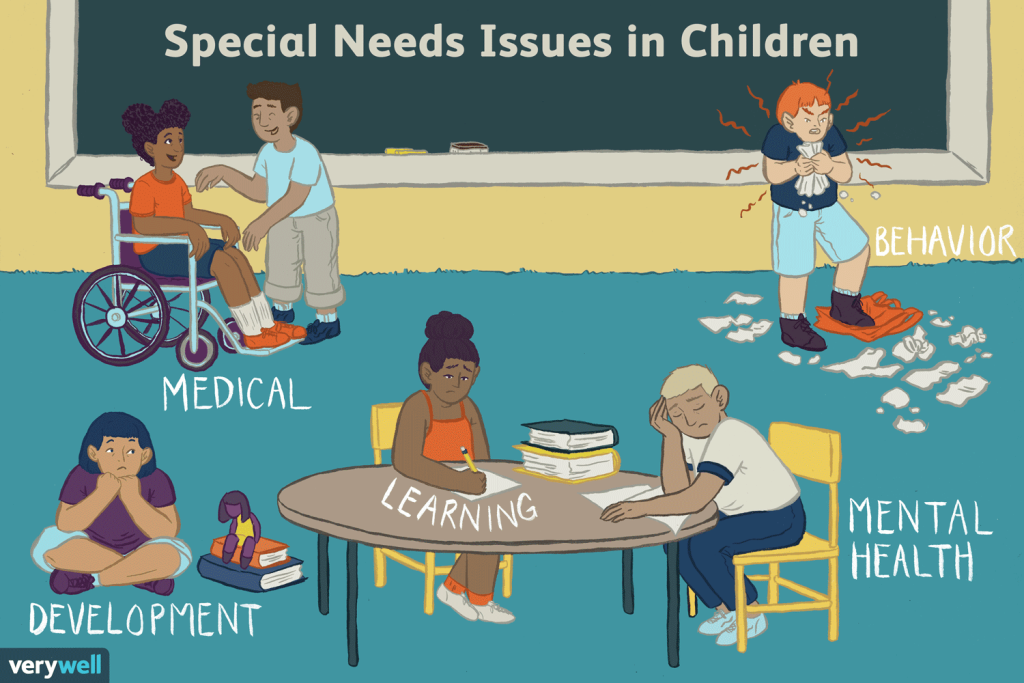 Next, we look at what we already know well and what is worse. We determine the priority in the study for a year or several years. We look at the map which skills will need to be repeated in order to move on to a new section. This is how a plan is formed in which there is a non-random set in the repetition zone and a logical order in learning new things. If the child understands this order, say why the syntax comes first, and then the punctuation, he will be able to plan his work on the subject correctly.
Next, we look at what we already know well and what is worse. We determine the priority in the study for a year or several years. We look at the map which skills will need to be repeated in order to move on to a new section. This is how a plan is formed in which there is a non-random set in the repetition zone and a logical order in learning new things. If the child understands this order, say why the syntax comes first, and then the punctuation, he will be able to plan his work on the subject correctly.
Does such planning comply with the Federal State Educational Standards?
The ones we have now are perfect. The new ones, which were sent for revision, are bad. In the new educational standards, there is absolutely no freedom for students. How can you plan your studies if it is hard concreted? Nowhere to turn.
Let's talk about school literature, which is often discussed. Tell us how to make these lessons interesting?
Only an interesting teacher can make literature an interesting subject. Don't rely on textbooks here. It so happened that this is especially important in teaching literature. But such teachers, alas, are not enough for everyone.
Don't rely on textbooks here. It so happened that this is especially important in teaching literature. But such teachers, alas, are not enough for everyone.
Do you share the point of view that children are introduced to many works prematurely and the literature program needs to be corrected?
In literature, it is not all the same in which order to read and study works. But it's time or not time to read this or that book, depends not so much on age, but on well-read. Therefore, a literature teacher should have the right to adjust his program depending on the specific class with which he works.
I have no doubts about anything that was before or is now in the literature program. There are much more worthy works in Russian literature than you can go through at school. Once we went through Chernyshevsky in more detail, although his novel is rather weak. Firstly, it is easy to read, and secondly, it helps to understand the historical process. And in terms of the influence that the novel had on contemporaries, it can hardly be put on a par with anything.
Do you agree with one of the claims of the Linguistics Guild to the new educational standard that it is impossible to read and discuss in class all the texts included in the program thoughtfully and qualitatively?
Absolutely. I am convinced that superficial reading cannot teach you how to analyze complex literary texts. Smaller, but better, than a large mandatory list for quick reading without the opportunity to comprehend what was read is better.
Many children do not understand the meaning of memorizing long poems, although this is even considered useful. What can be done about it?
Memorizing texts really gives a lot. But there must be variability. When the whole class learns the same piece and the whole lesson listens to the same thing 25 times in a row, it's annoying. Pointless work generally causes irritation. If a student puts at least some sense into what he is doing, at least learns a passage from a poem or a whole poem that he personally liked, this is already a choice. And another attitude. The task of the teacher is to make memorizing the text not a routine, but an interesting job.
And another attitude. The task of the teacher is to make memorizing the text not a routine, but an interesting job.
How do you think parents can or should participate in homework? After all, teachers cannot fail to understand that parents often write compositions for children. But, judging by the grades, the teachers are not against this.
There is nothing good in the fact that parents do something for the child. This is an imitation of study, from which we must move away by all means. At home, you need to help the child organize time and space for study, including for homework. But in most cases, sitting with a child during lessons is harmful. You can achieve a good formal result in the short term (tomorrow they will give you an A), but lose your academic independence. But perhaps there are special cases when, on the recommendation of a specialist, you need to help the child more actively.
What or who determines the amount of homework? Why does one teacher ask a lot, and the children have to copy off "Ready-made homework", while another tries to come up with something interesting?
In Russia, if a teacher does not assign homework at all, this causes parents the same anxiety as overly lengthy assignments.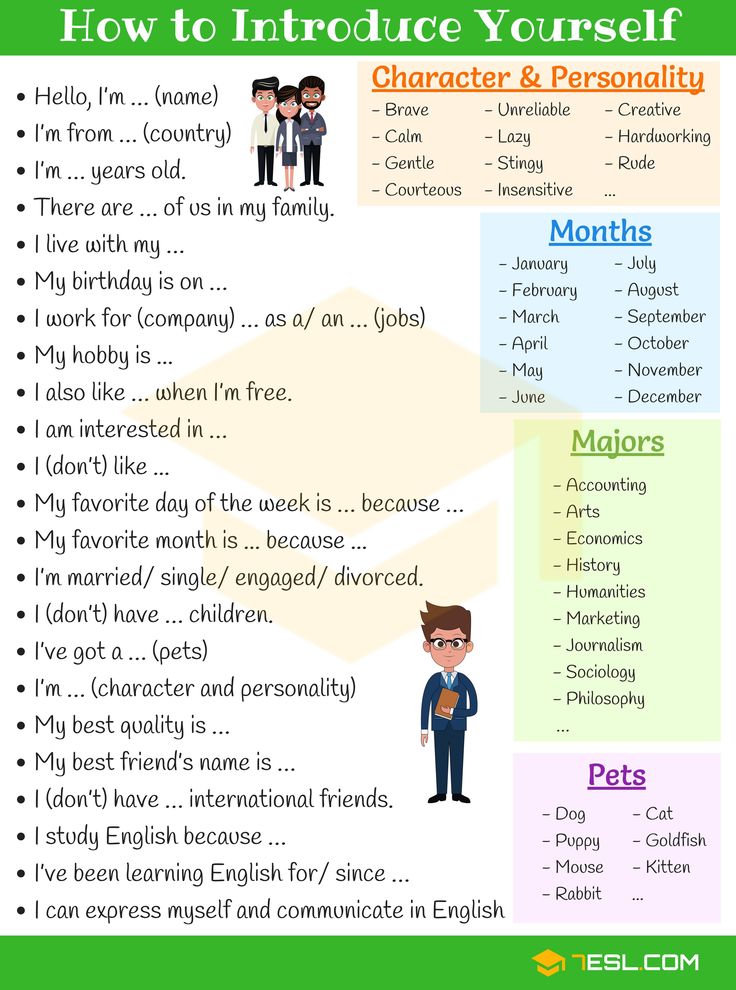 In our culture, homework is the norm. For example, I usually ask to prepare for the next lesson, look for materials, answers to controversial questions, compose exercises for a classmate for a specific task, write a creative work on a specific material in order to analyze them in class. There are no such tasks in the GDZ collections. If a student has not done such an assignment, it is noticeable in the lesson, and when I write in the comment "Not ready for the lesson", I put it in a literal sense.
In our culture, homework is the norm. For example, I usually ask to prepare for the next lesson, look for materials, answers to controversial questions, compose exercises for a classmate for a specific task, write a creative work on a specific material in order to analyze them in class. There are no such tasks in the GDZ collections. If a student has not done such an assignment, it is noticeable in the lesson, and when I write in the comment "Not ready for the lesson", I put it in a literal sense.
You have to prepare for the lesson, then it will be interesting and useful. This principle is similar to the “flipped classroom” technology
But if homework in the form of routine clerical work (“rewrite examples of the same type, noting the same type of phenomena”) to consolidate what has been covered, there is no motive to do it. There is only a motive not to get a deuce, so it doesn’t matter for the student whether to do it himself or rewrite the finished one - the main thing is that there should not be a deuce.
About the All-Russian verification work and other forms of student control
All-Russian verification work has now begun. Few teachers, children and parents are satisfied with them. What do you think about VPR?
In our school, there is basically a different form of control. This year, test papers are written by only a few classes and for a small number of subjects. Purely for research reasons: to compare the results with last year. For example, a teacher has redesigned his course and wants to see how the results change. In Moscow, there are no strict requirements for writing a VLOOKUP, because there are forms of control. And, frankly, they are much better.
For us, VLOOKUP is an extra procedure that does nothing, but raises many questions. We do not need to know everything about botany by the end of grade 5. When a work arrives, in which there are a million questions on botany, and the rest that we went through is not enough, of course, both children and parents have questions.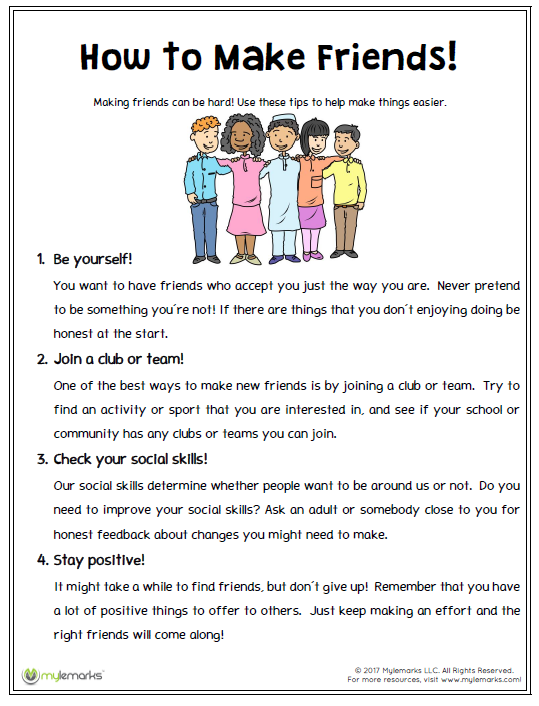
Why then all this?
As planned, the All-Russian test works are included in the program to improve the quality of education throughout Russia. This is a general measurement procedure.
Moscow is lucky. And regional teachers, it turns out, prepare children according to two programs: the content of the VPR is very different from the school curriculum. They say that you have to solve tasks from the VLOOKUP separately.
It turns out, the disorganization of studies, I agree. I believe that if the law gives us the opportunity to focus on the children we teach, on the opportunities that we have and on the needs that they have, we should use this. Why try to check everyone with one material? That is why we refused mass participation in the VPR.
There are less than two months left until the end of the school year. What are teachers thinking about at this time, are they worried before the exam?
I wouldn't call this feeling excitement.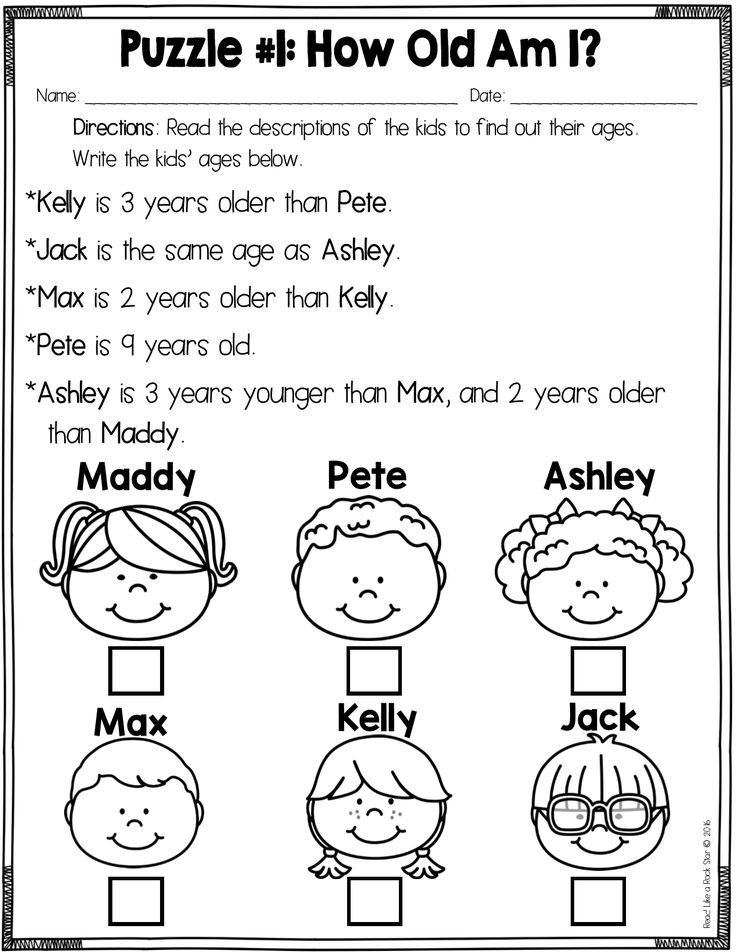 Of course, we are worried, because this USE is the result of our work. We worry about children who have learning problems. We are systematically preparing for certification, so these are normal things. But one of the things that has recently fascinated us is the development of a strategy for the development of Moscow education (#strategy2025). We can influence what education will be like in the near future. This is very inspiring.
Of course, we are worried, because this USE is the result of our work. We worry about children who have learning problems. We are systematically preparing for certification, so these are normal things. But one of the things that has recently fascinated us is the development of a strategy for the development of Moscow education (#strategy2025). We can influence what education will be like in the near future. This is very inspiring.
Moscow Mayor Sergei Sobyanin invited teachers to participate in the creation of a strategy for the development of the capital's education until 2025. The ideas of directors and teachers about what needs to be changed at school and in general in studies can be read on Facebook using the #strategy2025 hashtag.
What do you personally offer?
My task is to develop a high school concept. And high school is not only grades 10 and 11, as is commonly thought. Around the 8th grade, there comes a time when you need to give the child the opportunity to try something.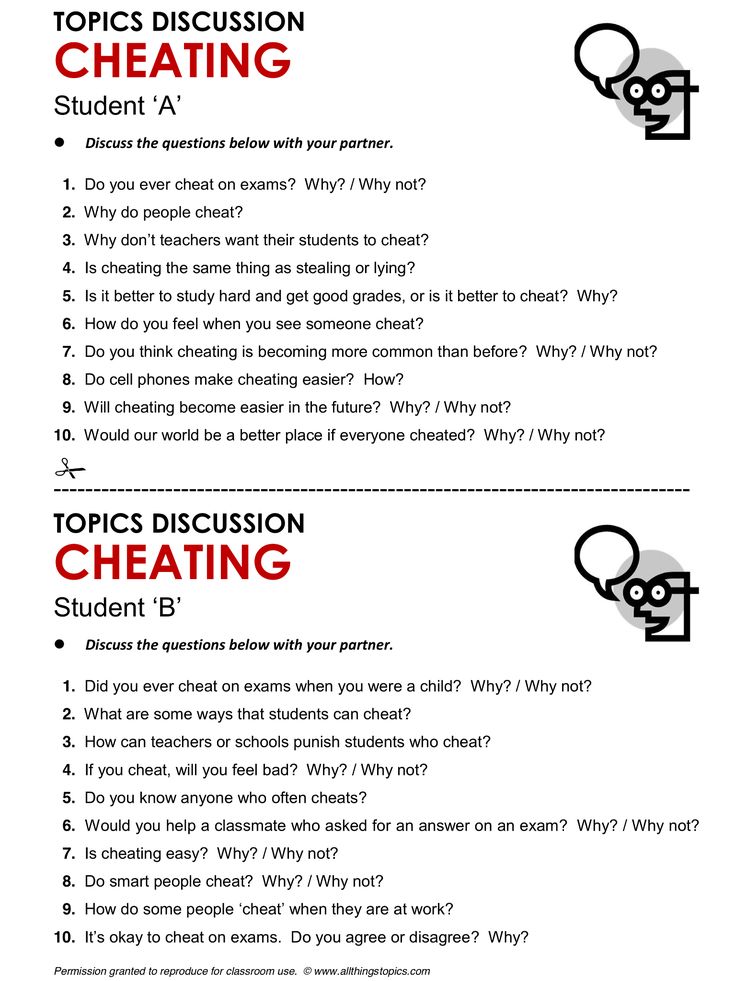 The high school project should include arranging trials before children need to choose a profile so that they understand what to be prepared for in adult life. I came across the fact that the children were graduating 9class and did not know what they wanted and where to go next. And it is difficult for them to choose a profile, because it is not clear why. I am working on changing this.
The high school project should include arranging trials before children need to choose a profile so that they understand what to be prepared for in adult life. I came across the fact that the children were graduating 9class and did not know what they wanted and where to go next. And it is difficult for them to choose a profile, because it is not clear why. I am working on changing this.
I heard that one of the goals of creating the 2025 strategy is to return children to school, from which they are slowly leaving for family education. This is true?
The point is not to return children to full-time uniforms. And it is that what we will teach children in the next seven years should correspond as much as possible to what you need to know in order to live in society. Then the motivation to leave school, for example, for family education, will be lower.
Are there many children in your school with family education?
We have less than 3% of such children.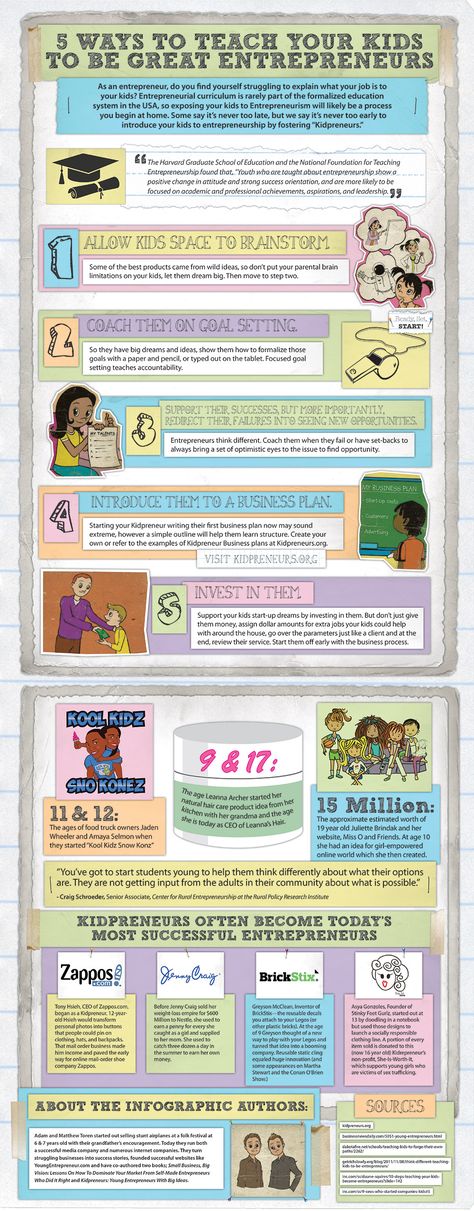 On the one hand, this process is massive, on the other hand, it is not very noticeable. Schools are not empty, although there are indeed quite a lot of children in the family and correspondence form.
On the one hand, this process is massive, on the other hand, it is not very noticeable. Schools are not empty, although there are indeed quite a lot of children in the family and correspondence form.
Do family-schooled children pass their exams?
Yes, they do well in their exams. And not everyone learns subjects at home on their own. There are communities of families who have chosen this form. They include guest teachers. The time children spend face-to-face with teachers is less than the time they would spend at school. The point is actually to save time.
About raising children and favorite teachers
Your school is located on the outskirts of Moscow (in the Yasenevo district), and children of different social status study there. How do you manage to organize everyone?
Moscow is now moving away from the segregation of children and educational ghettos. Children should be given equal opportunities, regardless of the position of their parents and so on.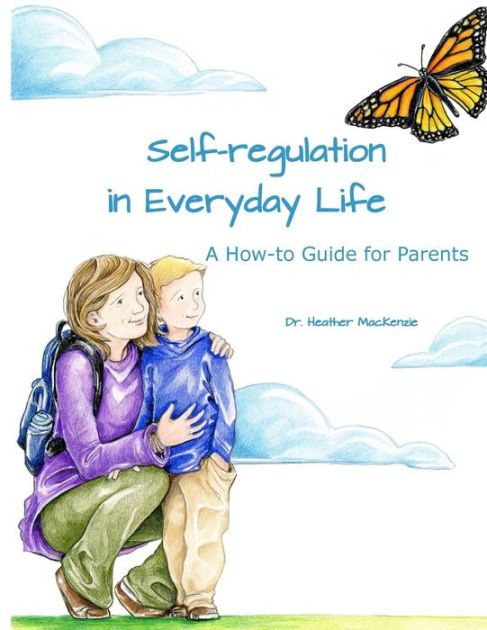
The task of the school is to organize work with children from different social strata, different nationalities, and so on
It is solved through the involvement of all students in general school events. It doesn't matter what it is - evenings of the author's song, creative competitions, "dedication" or a theater festival. Through these activities, the community of the school is built.
Author's song evenings - one of the methods?
You could say that. We have a guitar studio where children can learn how to perform original songs if they wish. All you need is a guitar, desire and time for homework, which is also given there.
We also use mediation technology - these are the rules of conversation in a circle that help all children hear each other and make a common decision together. You need to talk to children.
Valery Pazynin with a guitarI also know that you yourself go on hikes and expeditions with your children. Why are they good from a pedagogical point of view?
Study expeditions help you understand yourself.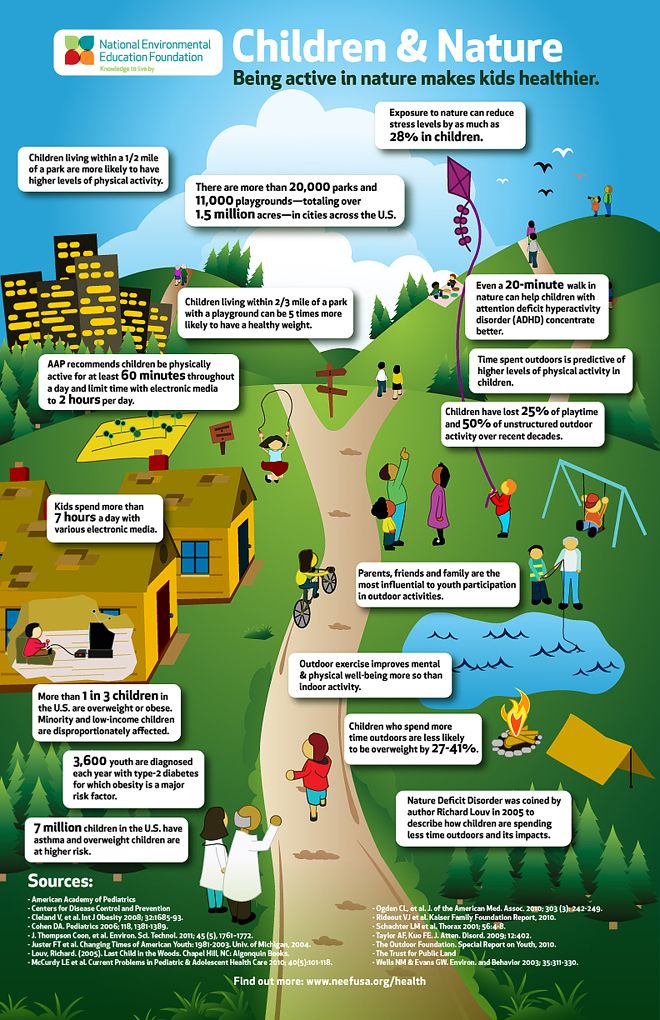 This I know for myself. My teachers showed me the Russian North, the Urals, Altai, Baikal and taught me to be attentive to details, exploring the nature and culture of our country. I am close to the patriotism that is born from the fact that you know and love specific places in your country, correspond with the people who live there, you know that you will definitely bring your children here and leave them in silence for a while - to see if for They will also love this place. I have many such places in the Russian North, Siberia, and the Urals. I try to show them to my students.
This I know for myself. My teachers showed me the Russian North, the Urals, Altai, Baikal and taught me to be attentive to details, exploring the nature and culture of our country. I am close to the patriotism that is born from the fact that you know and love specific places in your country, correspond with the people who live there, you know that you will definitely bring your children here and leave them in silence for a while - to see if for They will also love this place. I have many such places in the Russian North, Siberia, and the Urals. I try to show them to my students.
And then, in Moscow, we use the materials of the expedition in research work. Some of the students' research papers have been published in various scientific publications. For example, my student's work on the morphological adaptation of Russian borrowings in the Polish dialect of a Siberian village was published in a foreign scientific journal. I remember how the editors were skeptical at first that this was the work of a schoolgirl, and then asked for more such articles.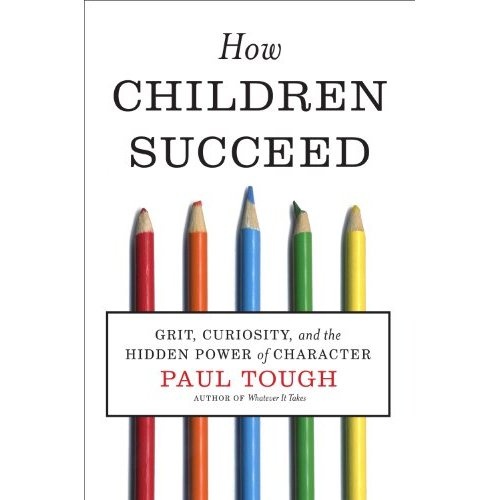
Which of the teachers, classics or innovators do you like to reread, quote?
There are people whose work has changed my professional life. If we talk about pedagogy, then this is primarily Pyotr Galperin and Vasily Davydov. Academician Nina Talyzina, from whom I studied educational psychology, used to say: "There is nothing more practical than a good theory." After studying the theories of the teachings of Galperin and Davydov, I realized that my lessons would never be the same as before.
Pyotr Yakovlevich Galperin and Vasily Vasilievich DavydovWhat surprises, frightens or amazes you in modern children?
I would not say that today's children are so different. Now, just like five years ago, students are delighting with their willingness to discuss, get to the bottom of things, and create.
What quality do you consider important in order to feel confident in life?
The ability to perceive a problem not as a tragedy, but as a task.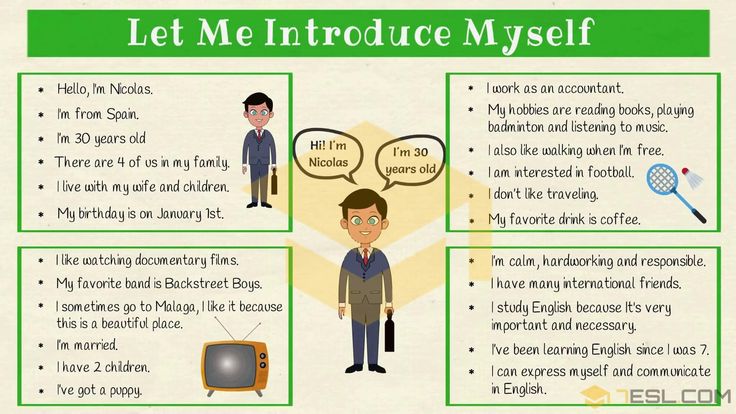 Ability to learn independently. The ability to do something in unfamiliar conditions. The ability to come together and solve a problem together.
Ability to learn independently. The ability to do something in unfamiliar conditions. The ability to come together and solve a problem together.
How to raise an independent and responsible child? 10 tips - article - Corporation Russian textbook (Drofa-Ventana publishing house)
Being responsible means being able to make decisions on your own and consciously implement them. Independence is not a heavy burden, but a system of skills and values that are useful and important for later life. It will be easier and more comfortable to live with them, make friends and achieve goals.
This is the kind of understanding a child should come to. He must realize that responsibility gives a person respect from others, confidence in himself and his strengths, the possibility of self-control and control over various life situations, and also brings meaning to life itself. Children, like all of us, need to feel that they are important to this world and can make a meaningful contribution to it.
We are not born with the ability to take responsibility for our actions, but acquire these qualities throughout our lives. And how correctly parents, teachers and educators can approach the issue of developing responsibility in a child, how responsible and independent he will grow.
Note this important point: children will be responsible to the extent that we support and guide them.
10 Ways to Raise a Responsible Child
1. Learn to clean up after yourself
If your child accidentally spilled a glass of milk, broke a cup, scattered shoes along the corridor so that the laces fall like vines on his nose, do not rush:
a) scold him;
b) put things in order.
Say:
“There is nothing wrong with spilled milk. We will clean everything together now. Help me please!
Then the child will not feel fear and try to lie that it is not his fault.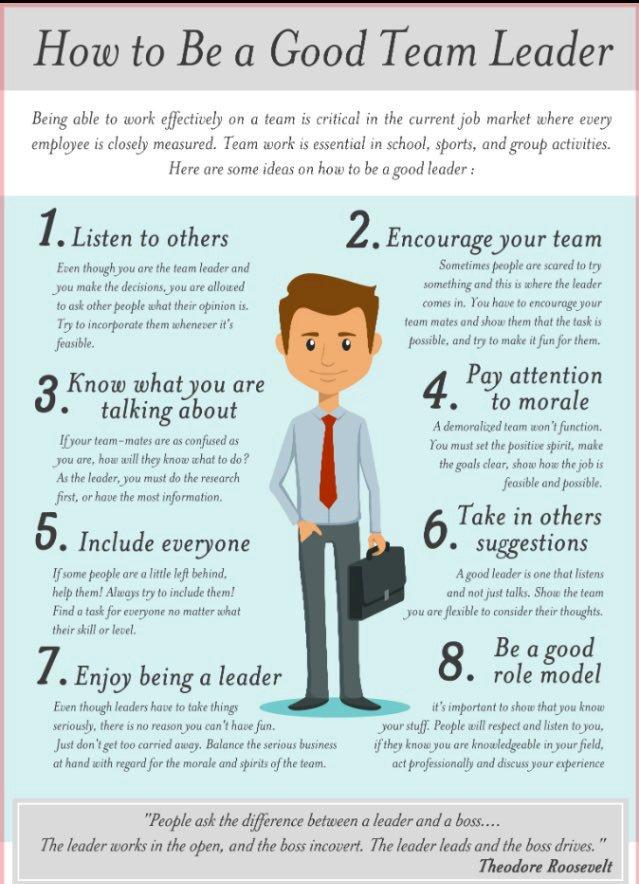
He will learn to clean up any mess on his own much faster if you treat the situation with understanding. Ask your child for help, even if you think it would be easier to do everything on your own.
Situation: five-year-old Olya left her shoes in the middle of the corridor. Pick them up, call the girl and politely ask to put the shoes in the locker:
- We always put our things away.
If your approach is positive and friendly, the child will not become defensive and refuse cleaning, but will want to help himself.
2. Learning to take care of the family
Find healthy child habits that make a positive contribution to family well-being. It can be friendly communication with a brother or sister, drawing or singing, weekly cleaning with dad to the music, phone calls with relatives, etc. Celebrate this by praising the child, saying that such actions benefit the whole family. Then such behavior will become a pleasant habit for him, and not at all a duty.
Then such behavior will become a pleasant habit for him, and not at all a duty.
As your children get older, their “contributions” may increase accordingly both within and outside the family. Children should share two kinds of responsibilities: self-care and contributing to the well-being of the family. Research shows that children who help around the house are more likely to offer to help others in other life situations.
3. The main thing is desire
If you do not want your child to perceive his contribution to "family duties" as hard work, but treat this activity with pleasure, do not force him to do household chores. Let him have a desire.
Your goal is not to get the child to do some work, but to motivate the child and nurture in him the desire to be useful and responsible. Make work fun. Give as much support and help as circumstances require. Screaming and coercion are never an option. You will achieve a one-time victory, and Senya, Vanya, Sasha and Alina will simply hate washing dishes, cleaning up toys, folding clothes on a shelf and packing a backpack on their own.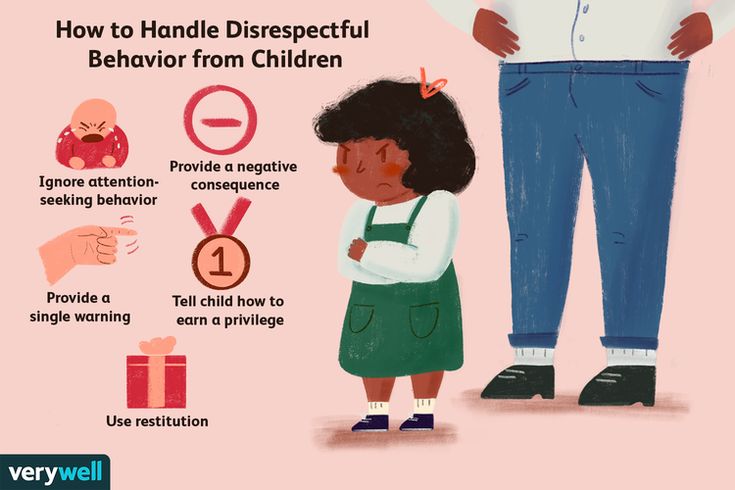
Some children become responsible very easily, others require a lot of time and parental patience to develop this quality. But the goal is clearly worth the effort!
4. Learn to be independent and help around the house
The child may have their own household chores. Such duties do not have to be important and can take the form of a game.
It is important to understand that with the help of even small assignments, the child understands what duties are and what is expected of him. It may be as simple as making your bed every morning or putting the dishes in the sink after breakfast, but the child must follow this habit every day.
Important: if you do not maintain discipline and violate your own rules of the game, for example, by allowing "just today to go play, not help with the dishes", the little person will not develop a logical chain. Or rather, it will obviously not turn out the way one would like: “today you can not do it, which means that it is always optional.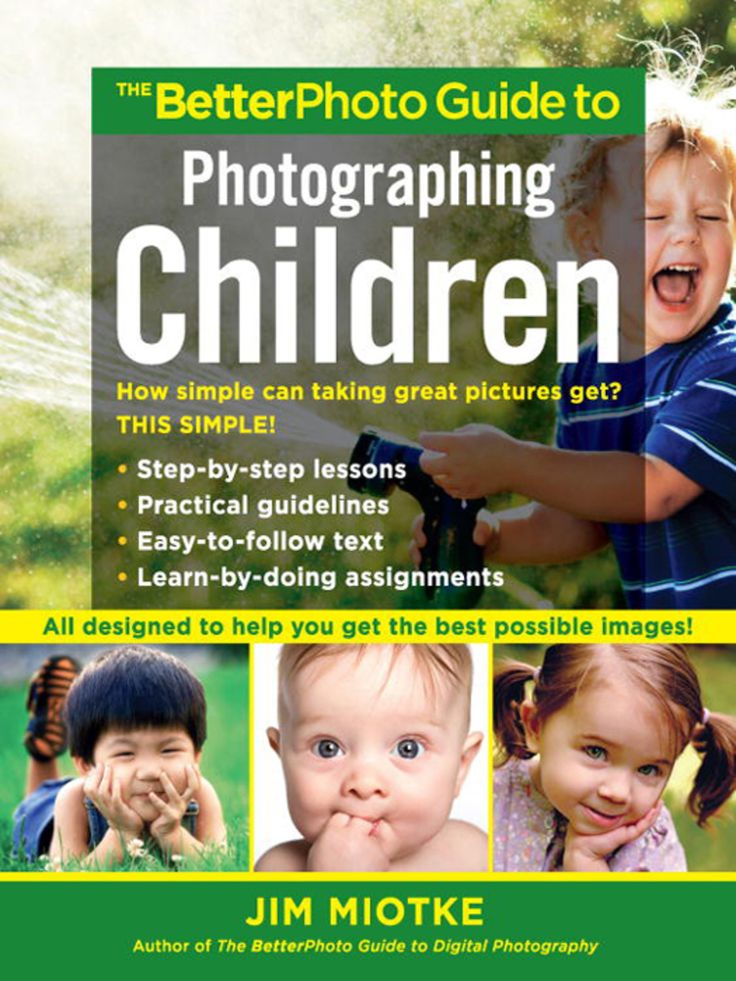 ”
”
When the child goes to school, the task can be made more difficult: not only to remove your dishes from the table, but also to wash them. This helps to develop the necessary skills of household responsibility.
5. Stop criticizing
A very difficult point, right? Especially if you think that the child should clean his room, just like you yourself did a long time ago. But your child is not you. And you are not your parents.
Try to be patient when the child forgets to do something or does not complete the task the way you would like. When something goes wrong, take it with humor.
In the morning, instead of shouting: “Brush your teeth! Get your backpack!" You may be asking, “What else do you need to do to get ready for breakfast? It looks like we forgot something! And the briefcase is somehow suspiciously light... We must have got a thief mouse!”
Your task is to teach the child to be responsible for his duties, while maintaining a relaxed atmosphere.
6. Creating the necessary conditions
In order for a child to become independent and responsible, it is necessary to create comfortable conditions for him not only psychologically, but also in everyday life. Give him the "equipment" he needs for self-discipline. If you want your baby to wake up on time, provide him with an alarm clock. If you want to keep their desk organized, make sure your child has things to store stationery. Give your child the tools and let them organize their work.
Extra: a child is very motivated if you allow him to choose things for storage, stationery, calendars and planners, decor in the room. Go to the site with him (it’s not possible to go to Ikea or another furniture store yet) and start choosing items. If the child has the opportunity to make the space "his own", he will be very pleased to keep it clean.
7. We give the child the opportunity to figure it out on his own
Parents try to protect the child from all problems and hardships. Very often this is of an exaggerated nature, and children enter adulthood unprepared. A teenager must understand that around him is a rather complex world, where everyone has their own tasks and obligations.
Very often this is of an exaggerated nature, and children enter adulthood unprepared. A teenager must understand that around him is a rather complex world, where everyone has their own tasks and obligations.
As parents, you should always be ready to listen to your child and come to his aid if he asks for it. But do not forget that sometimes children themselves need to analyze their actions, behavior and the ensuing consequences.
8. Encourage
Sometimes children benefit from work experience for a certain fee. It is not necessary to start with large sums. Try to negotiate with your child about those tasks that are not included in his usual daily routine: washing the car, weeding the garden, watering the flowers, etc. Gradually, you can offer him to do something more substantial, for example, a part-time job during the holidays. In this way, you will prepare the child for an adult and responsible life, where everything has its price.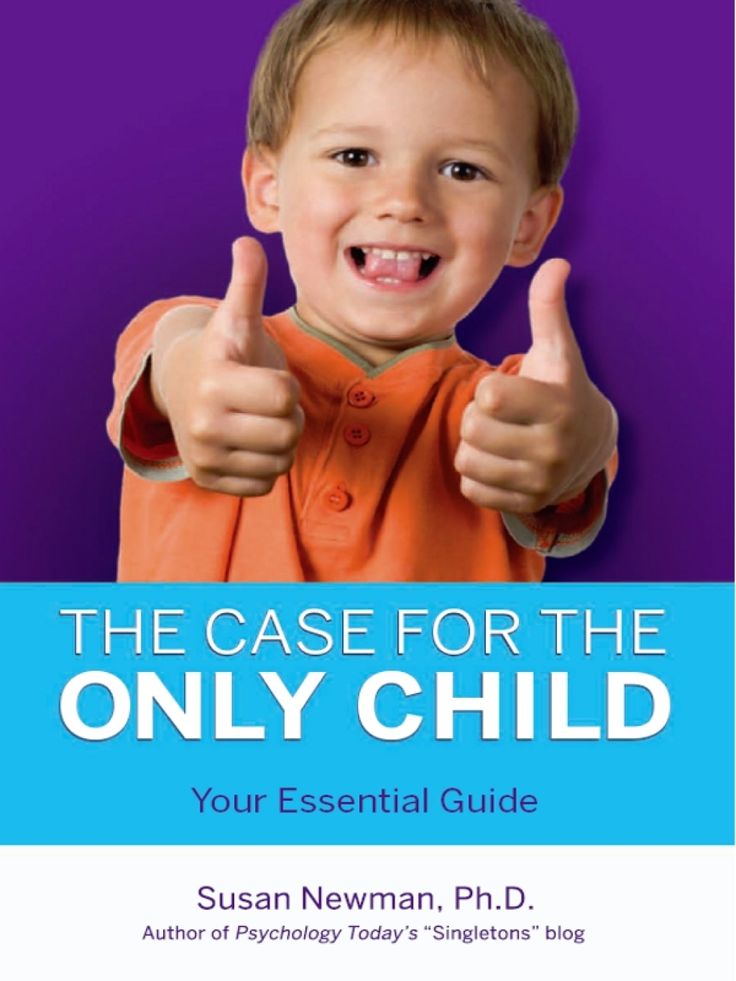
Example: sixth grader Katya really wanted to get a new book about her favorite wizard, but her birthday has already passed. Mom and dad suggested that Katya make a list of things she could help with around the house and play on a "working day" with a real salary and motivating bonuses. For two weeks, Katya helped her mother with dinner, her younger brother with lessons, and her father in the yard, regularly cleaned the room and walked Dink's dog.
9. Learn to make a schedule
This may seem redundant to some, but in modern life, scheduling and scheduling is considered an extremely useful skill.
Sit down together, take a piece of paper, write the day of the week and the time on it. Then ask the child what he needs to do these days, what plans he has. He will say something himself, you will help him remember something. These may be the most insignificant things, but it is better to include them in the schedule too.
Most children find that this kind of planning reduces their stress levels because they know what to do and when.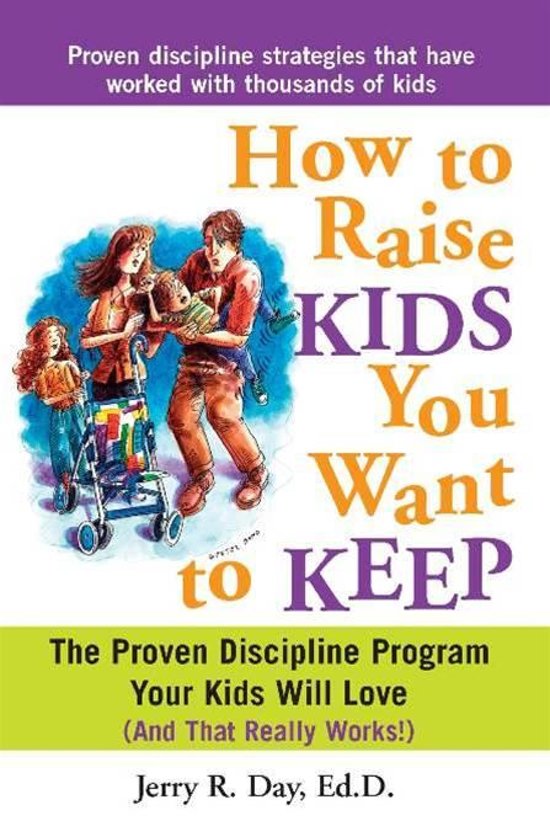 But most importantly, it helps to manage your time properly and treat your obligations responsibly.
But most importantly, it helps to manage your time properly and treat your obligations responsibly.
10. Strive to be a good example
Children learn and discover the world through their own observations and parents. They subtly notice exactly how you communicate, behave in everyday life, what your manner of speaking is, and how you yourself keep promises and treat your duties.
If you yourself are responsible for your actions, then the child will begin to imitate your behavior.
Example 1 Negative
— Oh, the cup broke! Well, I'm crooked, huh!
You scold yourself for a minor mistake, the child sees that any of his mistakes in the future will lead to an unpleasant feeling of resentment and, probably, censure from others.
Example 2 Negative
— The cup is broken. Probably, dad left her on the edge again! Well, I told you a hundred times to put it in the closet, you dumbass!
It is impossible to scold relatives in front of a child under any circumstances.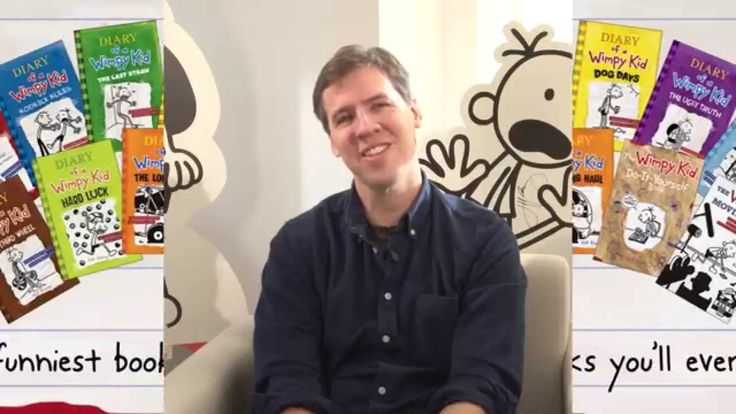 There should be harmony in the family - observing your relationships with loved ones, the child builds his own patterns of behavior. And here there is also a transfer of responsibility. It was not mom who broke the cup, but dad is to blame for everything, the "blunder". Double negative lesson.
There should be harmony in the family - observing your relationships with loved ones, the child builds his own patterns of behavior. And here there is also a transfer of responsibility. It was not mom who broke the cup, but dad is to blame for everything, the "blunder". Double negative lesson.
Example 3. Positive
“Oops, the cup broke. It's OK! I'll be more careful next time. Right, Sasha? We all need to be a little more careful. Let's organize an operation to save the floor from fragments. Bring a broom, I will correct mistakes, and you will help me.
Every age has its own responsibilities
Another question that parents often ask is: at what age can you ask a child to do something on their own?
The list of responsibilities below is just a guide and should be adapted to your situation and your child. Do not forget to gradually increase the degrees of freedom and responsibility that you offer children.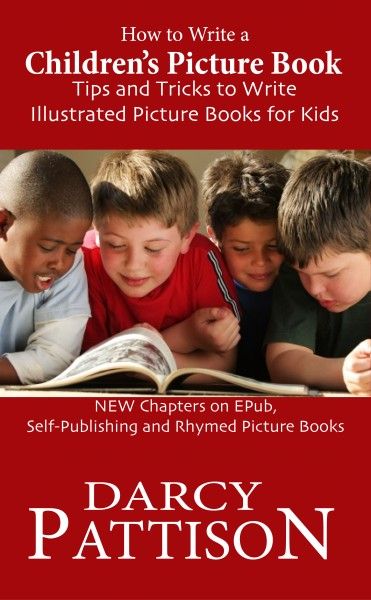 And try to give them as much help as they need to successfully complete the level of the quest "until they master it comfortably.
And try to give them as much help as they need to successfully complete the level of the quest "until they master it comfortably.
What babies can be responsible for:
- What to wear.
- Eat on their own (unless they ask for your help).
- What book to read, even if parents read aloud to them.
- What toys to play with.
- When to go to the toilet.
What can preschoolers be responsible for (3-5):
- All of the above, plus:
- Their own clothes (within the appropriate season, safety and propriety).
- Their own rooms.
- How much food do you need.
- With whom and when to play.
- Whether to attend social events to which the child is invited (excluding mandatory family events).
What school-age children (6 to 9 years old) can be responsible for:
- All of the above, plus:
- What hairstyle to wear.
- How to spend pocket money.
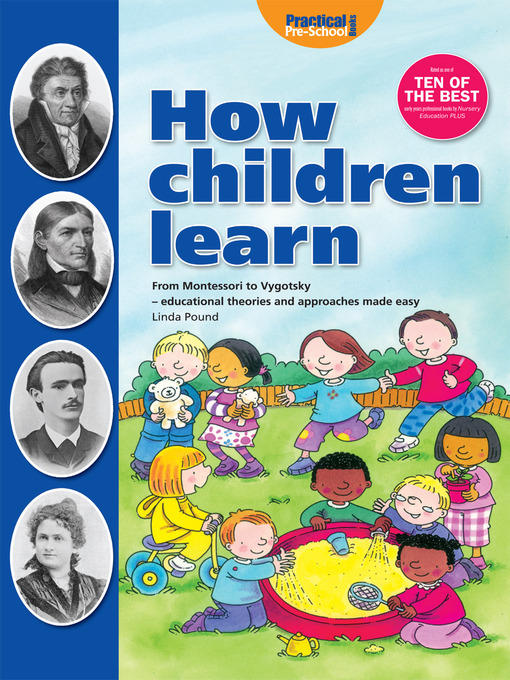
- When to do homework.
- How to pass the time (after completing basic duties such as homework).
- What kind of sports or physical activity to engage in (the choice of circles is similar).
What 10-12 year olds can be held responsible for:
- All of the above, plus:
- Self-care: nails, hair, body.
- Choose routes and company for walks (within acceptable limits).
- Stay alone at home.
What teenagers aged 13-15 can be responsible for:
- Choose the hours of the day (with the condition that everything needs to be on time).
- Wash clothes yourself.
- Temporary changes in appearance.
- Ride the bus or subway.
- Go to the cinema and other events where you need to pay with friends.
- Earn money not at the expense of learning.
- Control your budget.
And most importantly - do not forget to praise the child for any manifestation of independence.